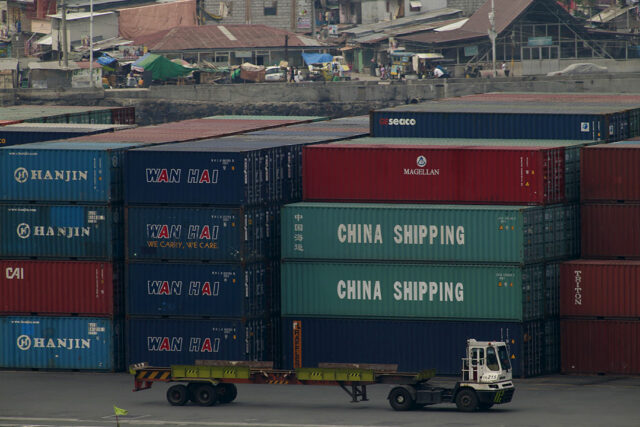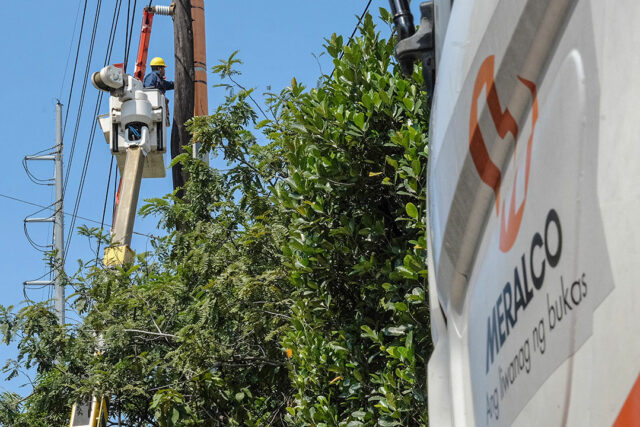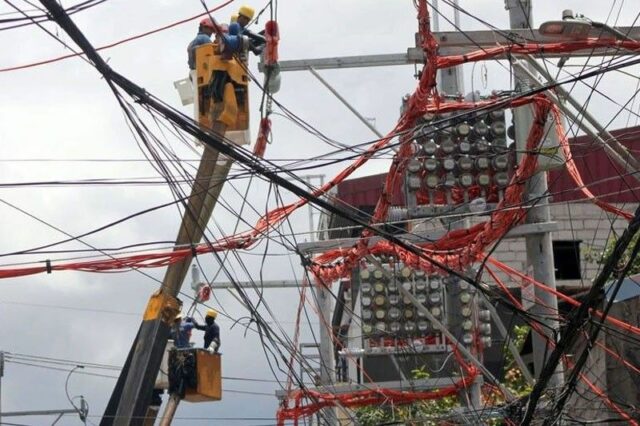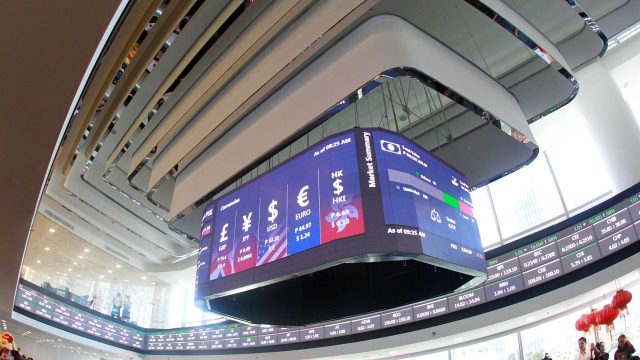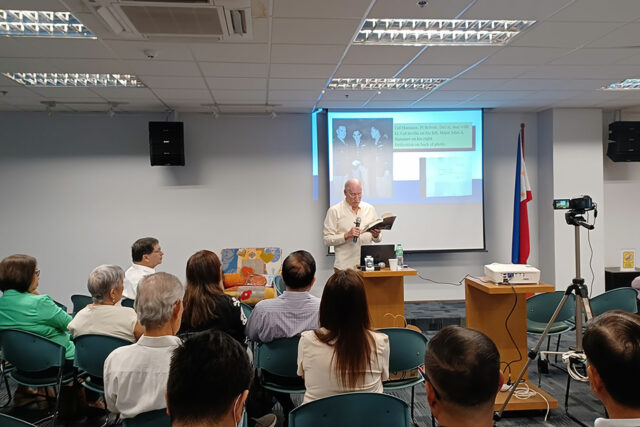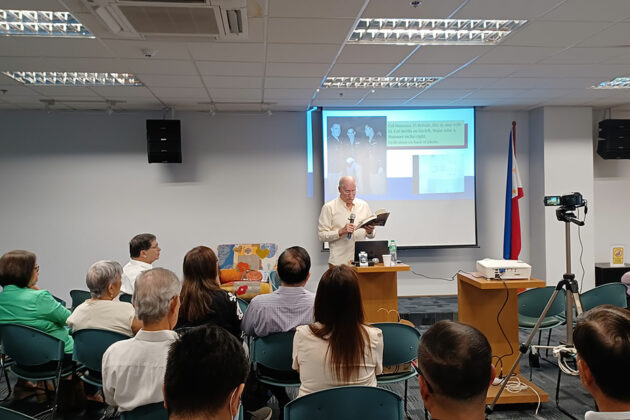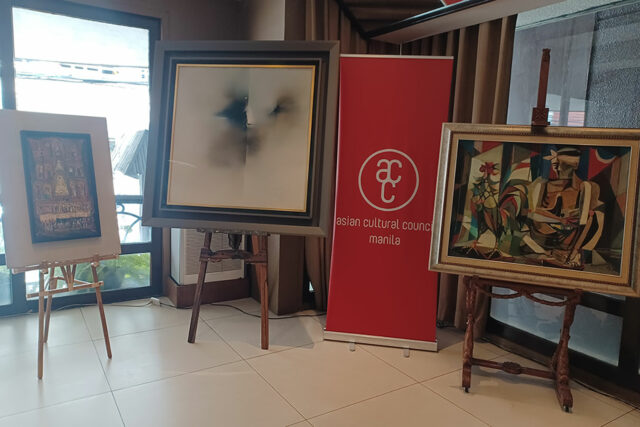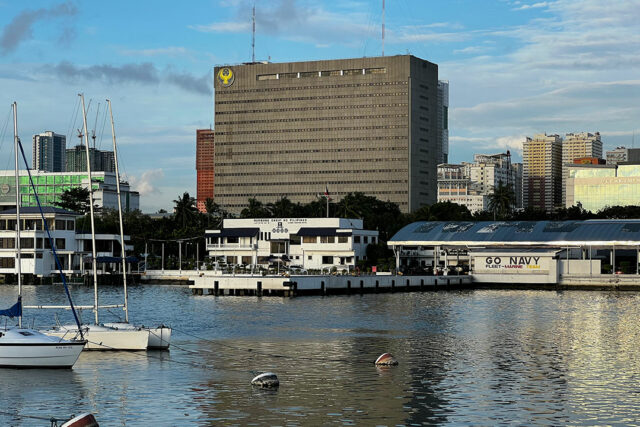Philippines nears exit from watchdog’s dirty money ‘gray list’
The Philippines may be removed from a global dirty-money list as early as next week, a potential boost to the Southeast Asian nation following a reform push to counter money laundering and terrorist-financing risks.
An on-site visit last month by a team from the Paris-based Financial Action Task Force noted significant progress, according to people familiar with the matter. That means the Philippines could come off the watchdog’s so-called gray list on the final day of the FATF plenary on Feb. 21, said the people, who requested anonymity as the deliberations are private. No final decisions have been made.
A spokesperson for the FATF declined to comment.
“The signals are good, so I’d say our chances are better than 50%,” central bank Governor Eli Remolona, who chairs the nation’s Anti-Money Laundering Council, said in a text message on Tuesday.
A removal from the gray list would make it easier and cheaper for Filipinos working overseas to send money home — a key driver of domestic consumption in one of Asia’s fastest-growing economies — and would facilitate other cross-border transactions.
A significant majority of the FATF’s members must vote that the Philippines has made sufficient progress for it to be taken off the list. Just a few votes to the contrary — some members have more sway than others — could result in it remaining on the list, the people said. Members include individual countries like the US and China as well as regional bodies such as the European Commission.
The Philippines landed on the gray list in June 2021 after the FATF cited deficiencies in the country’s efforts to combat illicit finance. Since then, the government has worked to boost the nation’s supervision of risk-based anti-money laundering as well as countering terrorist and proliferation financing.
An exit from the list follows the government’s crackdown on Chinese-focused online casinos that Philippine President Ferdinand Marcos Jr. said engaged in money laundering and financial scamming. They were banned by the government from January.
The Bangko Sentral ng Pilipinas has moved to enhance money service business supervision and the effectiveness of targeted financial sanctions for terrorist and proliferation financing. The nation’s Securities and Exchange Commission has required companies to declare beneficial ownership in their general information sheets, data that’s also made available to the Bureau of Internal Revenue and law enforcement agencies.
Other reforms implemented include enhanced use of financial intelligence and an increase in investigations and prosecutions of money-laundering and terrorist-financing cases.
“Going forward, keeping up with evolving FATF requirements will be important in the context of the next mutual evaluation in 2027,” the International Monetary Fund said in its December 2024 report, adding that reforming the country’s bank secrecy law will strengthen its anti-money-laundering policies. – Bloomberg



